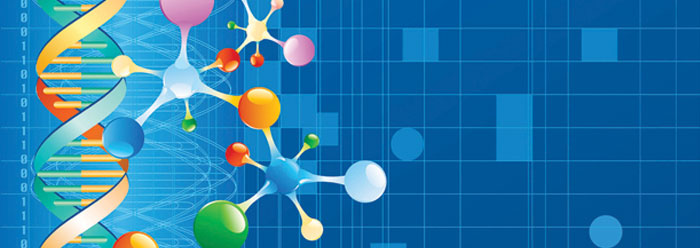In last month's column, the Institute for Creation Research life sciences team explained the rationale, motivation, and goals of life science research at ICR. This month, we'll identify the first of several key research questions in origins biology.
One of the major unanswered questions in this field is the nature and meaning of taxonomy, the branch of science that classifies creatures by kingdom, phylum, and on down to species. Historically, taxonomy has been largely limited to anatomical and physiological comparisons due to the lack of appropriate technology to analyze the biomolecules (i.e., DNA, the molecule of heredity) of various creatures, as well as to a lack of preserved biomolecules within rock-bound fossils.
Recently, with the advent of modern molecular biology, the amount of DNA sequence data from diverse taxa has exploded. This advance has opened new avenues with which to analyze the relationships among organisms. In contrast to anatomy, which is largely a qualitative analysis, DNA and protein comparisons permit the construction of quantitative comparisons among creatures. Furthermore, since DNA is the stuff of heredity and is, in a sense, a record of a creature's genetic ancestors, modern molecular biology allows the direct assessment of an organism's genealogy. Together, these advances have resulted--and are continually resulting --in an enormous increase in data that have yet to be fully fitted into a classification scheme.
Far from being an additional, simple character trait in a large set of anatomical traits, molecular comparisons present new challenges to the field of taxonomy. Recent studies have revealed that the genome (the repository of DNA sequence) of each organism is enormously complex, making DNA comparisons across taxa also very complex. For example, while two mammals may have similar gene complements, their individual gene sequences (the order of the individual units of the gene), the physical arrangement of these genes on chromosomes, the sequences (individual units) between genes, and the presence or absence of various gaps in the sequence comparisons all may vary in different ways between the creatures. Does each of these characteristics tell the same genealogical "story"? If not, which ones tell the "right" story? These, and other questions, remain outstanding.
Though taxonomy is complex in its own right, the nature and meaning of the relationships among creatures is further complicated by the evolutionary interpretations imposed on the data. Some prominent evolutionary statements on taxonomy are clearly based on preconceived ideology and not necessarily on a careful evaluation of the facts. For example, the popular pronouncement of "98 to 99 percent" identity between the chimpanzee and human genomes clearly does not account for the recently discovered structural differences between the human and chimp Y chromosomes.1 Conversely, the claim that the human genome is filled with accidental "junk" DNA insertions from our evolutionary past is slowly being shown to be a premature assertion. Sadly, many publications of taxonomic data present sequence data through the filter of the evolutionary model rather than letting the facts speak for themselves. We want to know which story the raw data really tell.
Currently, ICR's life science team is reviewing the published molecular sequences to identify and analyze those that have not been passed through an evolutionary filter and to also re-analyze those that have.
While we are reviewing the scientific literature and data on molecular taxonomy, we will also be working to identify other pressing creation biology research questions. See next month's column to find out which additional key questions we've identified.
Reference
- Tomkins, J. and B. Thomas. 2010. New Chromosome Research Undermines Human-Chimp Similarity Claims. Acts & Facts. 39 (4): 4-5.
* Dr. Jeanson is Research Associate at the Institute for Creation Research. He received his Ph.D. in Cell and Developmental Biology from Harvard University.
Cite this article: Jeanson, N. 2010. New Frontiers in Animal Classification. Acts & Facts. 39 (5): 6.














